Anvadhan and Ishti festival are dedicated to Lord Vishnu and observed by Hindus, especially by those of the Vaishnav sect or the Vaishnav Sampradaya and other Lord Vishnu devotees. The term Anvadhan means the ritual of adding fuel to keep the fire of Yajna/Havan/Homam burning after performing a fire sacrifice ceremony also known as Agnihotra.
The Anvadhan festival is celebrated on New Moon or Amavasya of every month by keeping a day-long fast and performing Yajna for Lord Vishnu
The literal meaning of Ishti (Sanskrit word) is carrying out good work with the divine Lord’s blessings. Ishti is celebrated on the full Moon day or Purnima of every month, based on the Hindu Lunar calendar. It is also recommend to observe a fast on Ishti and perform Japa of Vishnu mantras in meditation or to perform Satyanarayan Katha. It is believed that observing the rituals of Ishti with a pure intention helps in fulfilling the desires of devotees.
Lord Vishnu is one of the Divine Trinity along with Lord Brahma and Mahesh, and He is the preserver and protector of the Universe. The Vaishnav Sampradaya consider Lord Vishnu the Supreme Lord and worship Him dedicatedly.
Purnima (Full Moon) and Amavasya (New Moon) are important days and considered auspicious by Hindus and various rituals are practiced by devotees on these days.
Anvadhan & Ishti 2026: Date, Time, Tithi
The Anvadhan and Ishti dates are calculated in various ways. Below is the list of Anvadhan Ishti 2026 dates and Ishti Tithi, which fulfils the different methods of calculating Ishti dates.
January 3, 2026, Saturday
Anvadhan Shukla Purnima
January 4, 2026, Sunday
Ishti Shukla Purnima
January 18, 2026, Sunday
Anvadhan Krishna Amavasya
January 19, 2026, Monday
Ishti Krishna Amavasya
February 1, 2026, Sunday
Anvadhan Shukla Purnima
February 2, 2026, Monday
Ishti Shukla Purnima
February 17, 2026, Tuesday
Anvadhan Krishna Amavasya
February 18, 2026, Wednesday
Ishti Krishna Amavasya
March 3, 2026, Tuesday
Anvadhan Shukla Purnima
March 4, 2026, Wednesday
Ishti Shukla Purnima
March 18, 2026, Wednesday
Anvadhan Krishna Amavasya
March 19, 2026, Thursday
Ishti Krishna Amavasya
April 1, 2026, Wednesday
Anvadhan Shukla Purnima
April 2, 2026, Thursday
Ishti Shukla Purnima
April 17, 2026, Friday
Anvadhan Krishna Amavasya
April 18, 2026, Saturday
Ishti Krishna Amavasya
May 1, 2026, Friday
Anvadhan Shukla Purnima
May 2, 2026, Saturday
Ishti Shukla Purnima
May 16, 2026, Saturday
Anvadhan Krishna Amavasya
May 17, 2026, Sunday
Ishti Krishna Amavasya
May 31, 2026, Sunday
Anvadhan Shukla Purnima
June 1, 2026, Monday
Ishti Shukla Purnima
June 14, 2026, Sunday
Anvadhan Krishna Amavasya
June 15, 2026, Monday
Ishti Krishna Amavasya
June 29, 2026, Monday
Anvadhan Shukla Purnima
June 30, 2026, Tuesday
Ishti Shukla Purnima
July 14, 2026, Tuesday
Anvadhan Krishna Amavasya
July 15, 2026, Wednesday
Ishti Krishna Amavasya
July 29, 2026, Wednesday
Anvadhan Shukla Purnima
July 30, 2026, Thursday
Ishti Shukla Purnima
August 12, 2026, Wednesday
Anvadhan Krishna Amavasya
August 13, 2026, Thursday
Ishti Krishna Amavasya
August 27, 2026, Thursday
Anvadhan Shukla Purnima
August 28, 2026, Friday
Ishti Shukla Purnima
September 10, 2026, Thursday
Anvadhan Krishna Amavasya
September 11, 2026, Friday
Ishti Krishna Amavasya
September 26, 2026, Saturday
Anvadhan Shukla Purnima
September 27, 2026, Sunday
Ishti Shukla Purnima
October 10, 2026, Saturday
Anvadhan Krishna Amavasya
October 11, 2026, Sunday
Ishti Krishna Amavasya
October 25, 2026, Sunday
Anvadhan Shukla Purnima
October 26, 2026, Monday
Ishti Shukla Purnima
November 9, 2026, Monday
Anvadhan Krishna Amavasya
November 10, 2026, Tuesday
Ishti Krishna Amavasya
November 24, 2026, Tuesday
Anvadhan Shukla Purnima
November 25, 2026, Wednesday
Ishti Shukla Purnima
December 8, 2026, Tuesday
Anvadhan Krishna Amavasya
December 9, 2026, Wednesday
Ishti Krishna Amavasya
December 23, 2026, Wednesday
Anvadhan Shukla Purnima
December 24, 2026, Thursday
Ishti Shukla Purnima
SIGNIFICANCE OF ISHTI AND ANVADHAN, IMPORTANCE OF ISHTI AND ANVADHAN
The Anvadhan and Ishti celebrations are observed on Amavasy (New Moon) and Purnima (Full Moon) respectively, of every month. On the days of Anvadhan and Ishti, Lord Vishnu is worshipped for blessings of happiness, prosperity, peace. These two festivals are auspicious and hold special significance and importance for the Vaishnav Sampradaya and devotees of Lord Vishnu.
On Anvadhan, a day-long fast is observed by devotees and they have only one Sattvik meal at the end of the day. Vaishnavites also perform Vishnu havan to receive blessings of Lord Vishnu.
The word Ishti also means desire. On this day, the devotees of Vaishnav Sampradaya perform Satyanarayan Katha or chant Vishnu’s name for fulfilment of their true desires. In the Satyanarya Katha, Lord Narayan (Vishnu) is worshipped for the wellbeing of the family. The main ritual in this puja is hearing the Satyanaryan Katha, which are different stories that glorify the powers and blessings of Lord Narayan and enhance devotion to the Lord. Devotees invite their friends and other family members to hear the Satyanarayan Katha, which is said to bring blessings of divine Lord Narayan.
On Ishti puja day, the Dasavatar (10 manifestations) of Lord Vishnu are honoured and worshipped too. Meditation and Japa/Mantra chanting of Vishnu Sahasranam and other Vedic Mantras of the divine Lord helps one to be on the path of Dharma. Donations of food, clothes etc. are made to Brahmins and the needy.
There is a general misunderstanding among some devotees that Anvadhan and Ishti are the same festival. However, they are different festivals which are celebrated on two different days of each month.
BENEFITS OF ISHTI AND ANVADHAN
On Anvadhan and Ishti festival, Lord Vishnu is worshipped for His blessings.
- Observing a fast on Anvadhan and performing the havan on Ishti meticulously these auspicious days bestows peace, prosperity, good fortune, happiness, good health, spiritual growth and overall well being.
- Observing Anvadhan and Ishti removes miseries and heals devotees on mental, physical, and spiritual levels.
- Observing Ishti with sincerity, fulfils the desires of devotees, by the grace of Lord Vishnu.


-in-Astrology.jpg)
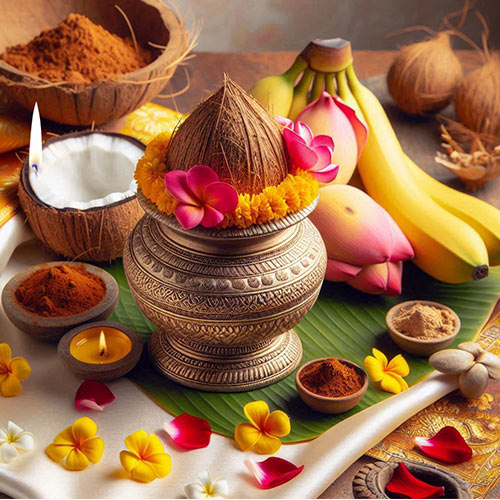
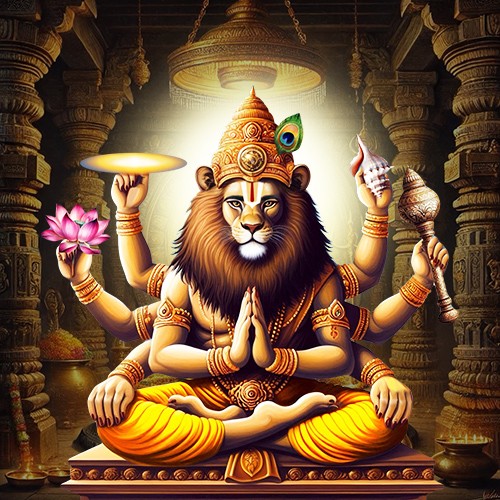
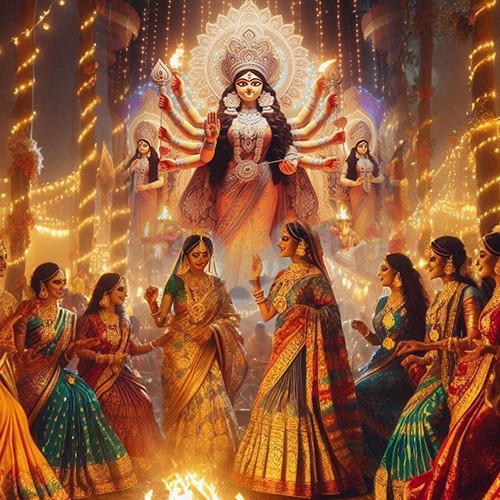
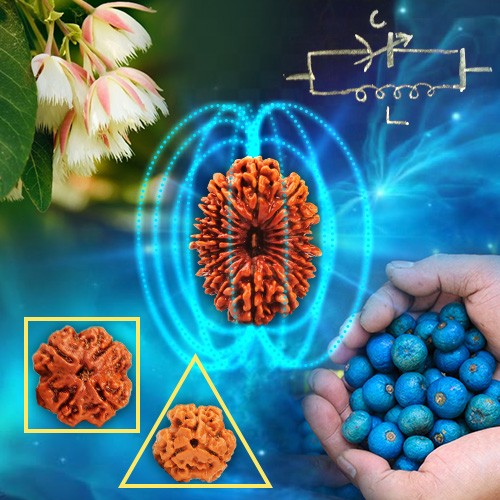

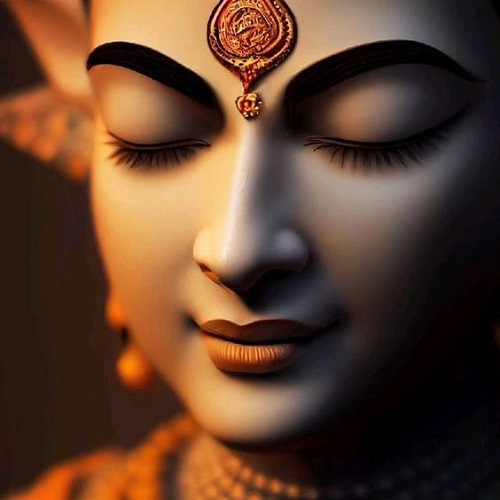
.jpg)
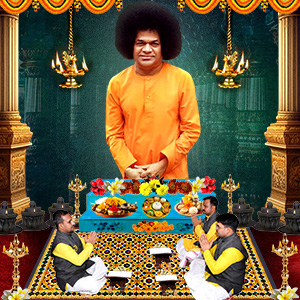
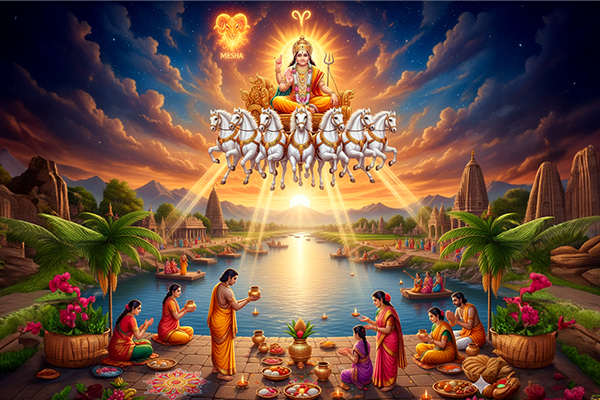
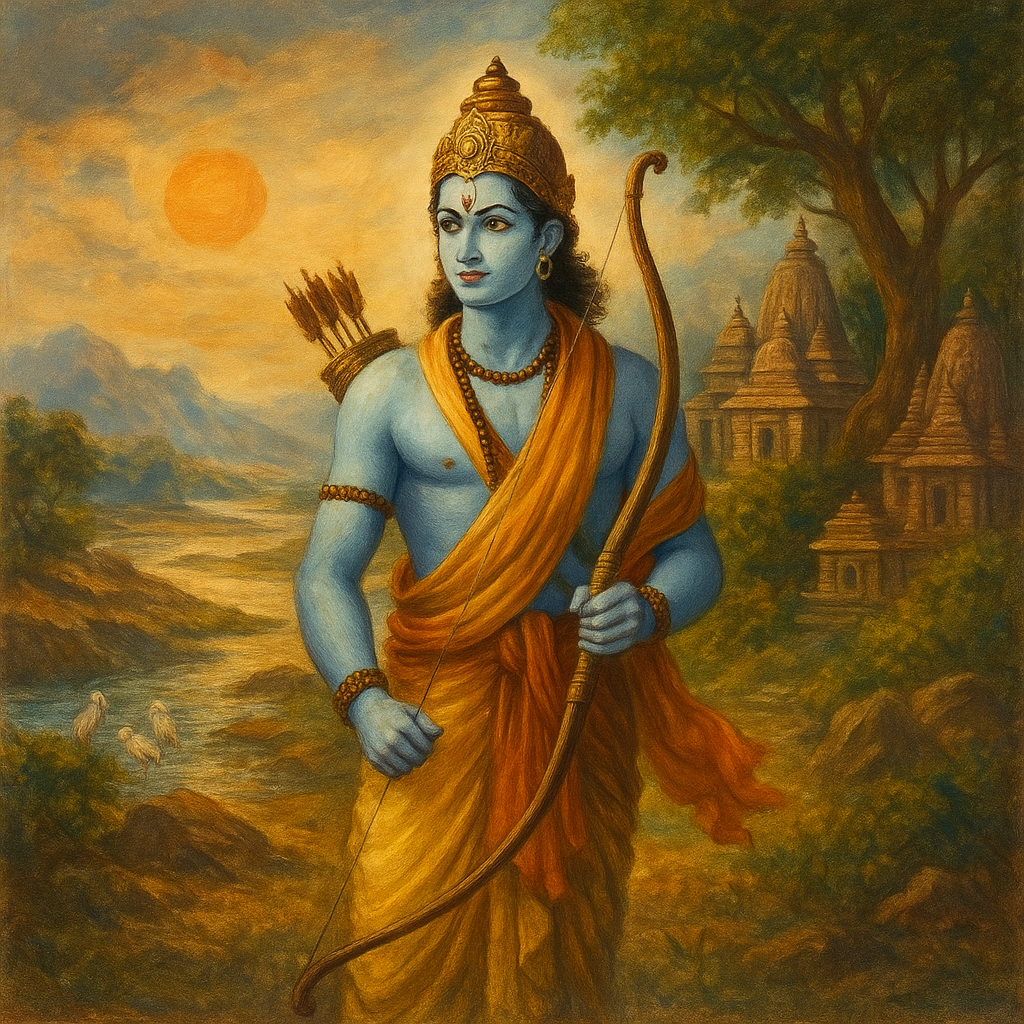
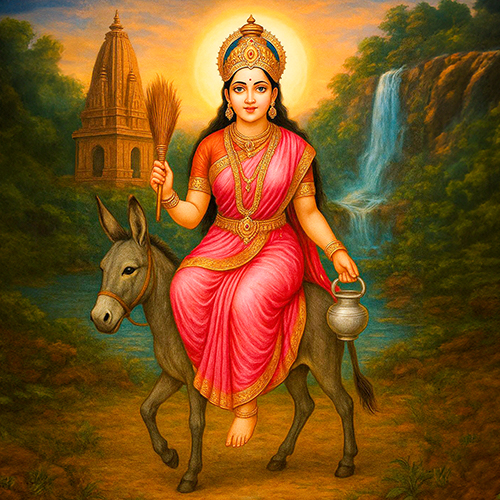
Kusuma
|September 8, 2025
Yes